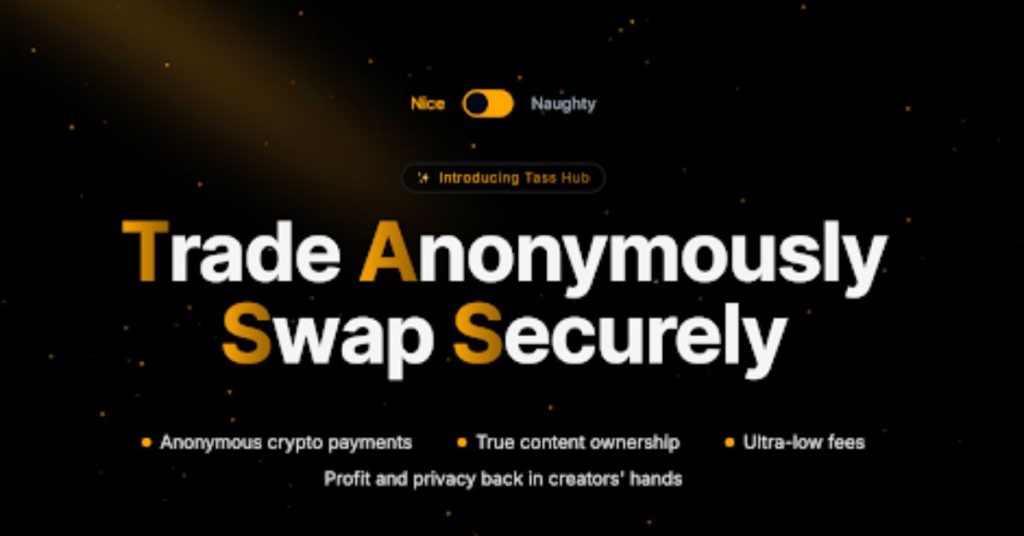Google will begin enforcing stricter advertising policies for cryptocurrency services in Europe under the Markets in Crypto-Assets (MiCA) framework, the company said in a recent policy update. The move could be a “double-edged sword” for regulation that may prevent initial coin offering (ICO) frauds, but risks further enforcement gaps, according to legal advisers. Starting April 23, cryptocurrency exchanges and crypto wallet advertising in Europe must be licensed under Europe’s MiCA framework or under the Crypto Asset Service Provider (CASP) regulation. Crypto advertisers on Google will also have to comply with “local legal requirements,” including “national-level restrictions or requirements beyond MiCA” and be “certified by Google,” according to a March 24 Google policy announcement . The new advertising policy will apply to most European countries, including Austria, Belgium, Bulgaria, Croatia, Cyprus, Czech Republic, Denmark, Estonia, Finland, France, Germany, Greece, Hungary, Ireland, Italy, Latvia, Lithuania, Luxemburg, Malta, Netherlands, Poland, Portugal, Romania, Slovakia, Slovenia, Spain and Sweden. Policy violations “won’t lead to immediate account suspensions,” as a warning will be issued at least seven days before any account suspensions, added Google’s policy update. The policy shift follows the implementation of the MiCA framework in December 2024, which introduced the first comprehensive regulatory structure for digital assets across the European Union. Related: EU MiCA rules pose ‘systemic’ banking risks for stablecoins — Tether CEO Google’s policy seen as double-edged sword Google’s new crypto advertising requirements present a “double-edged sword” for crypto regulation, according to Hon Ng, chief legal officer at Bitget. “On one hand, they do enhance investor protection by filtering out unregulated actors,” he told Cointelegraph. “The MiCA framework’s strict AML/CFT and transparency requirements create a safer ecosystem, reducing scams like the ICO frauds that plagued the industry pre-2023,” he said. However, Ng warned the policy could be “overly restrictive” without flexible implementation, especially since transition periods for national licensing vary across jurisdictions. Since Google’s transition period for national licenses varies by country, this may create “temporary gaps in enforcement,” and even bigger challenges around compliance costs, Ng said, adding: “Smaller exchanges may struggle with MiCA’s capital requirements (15,000–150,000 euros) or the bureaucratic hurdle of dual certification (both Google and local regulators). These measures are a net positive for trust but need flexibility to avoid stifling innovation.” Related: Most EU banks fail to meet rising crypto investor demand — Survey Other industry watchers don’t see this as a fundamental change for Google or investor protection. The updates may be more oriented toward “protecting Google from liability than protecting the investors themselves,” according to Mattan Erder, general counsel at layer-3 decentralized blockchain network Orbs. “Any impact of this change in Google’s policy is downstream of the regulations themselves. If MiCA or CASP registration turns out to be burdensome, expensive and only accessible to big players, then smaller players will have a lot of difficulty competing in these jurisdictions,” Erder told Cointelegraph. Magazine: How crypto laws are changing across the world in 2025


















